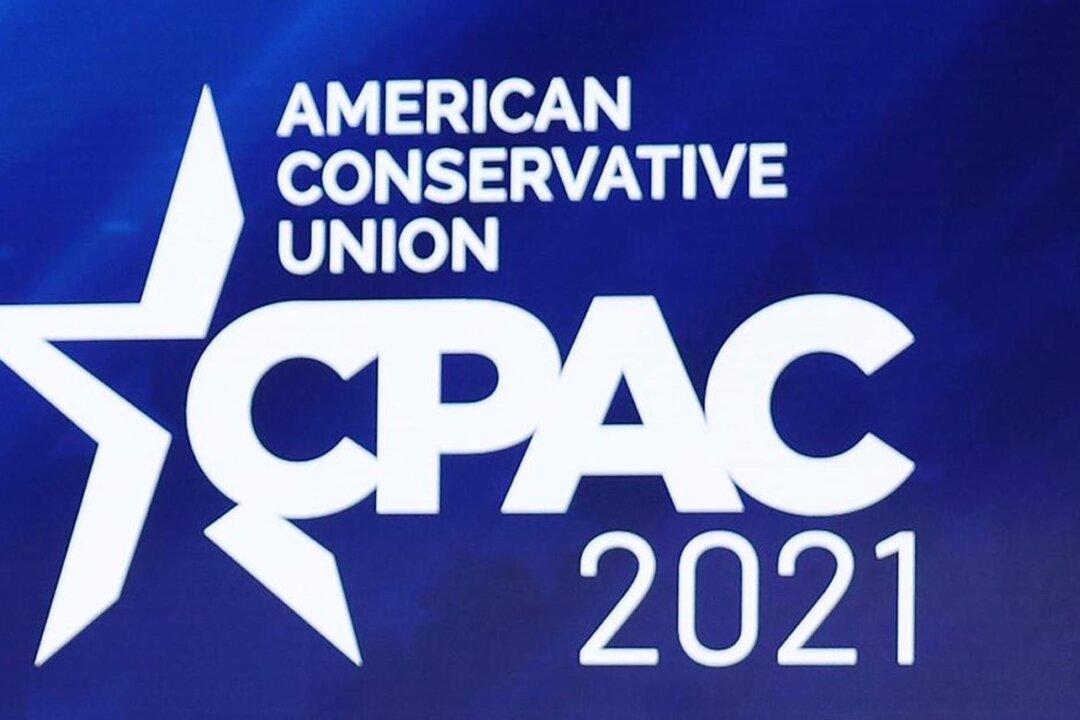A panel of commentators and experts at the annual Conservative Political Action Conference criticized the Supreme Court and the judiciary more broadly for its failure to hear evidence of election fraud and other illegalities after the November election.
Dozens of legal cases were brought after the election, and many have yet to be resolved. Most of those that have been resolved were dismissed on procedural grounds without examining the merits of the cases, the panelists said.





